What Is A Plant-Based Diet?: A Quick Guide To Follow
Improve your health with the best of all that nature has to offer!
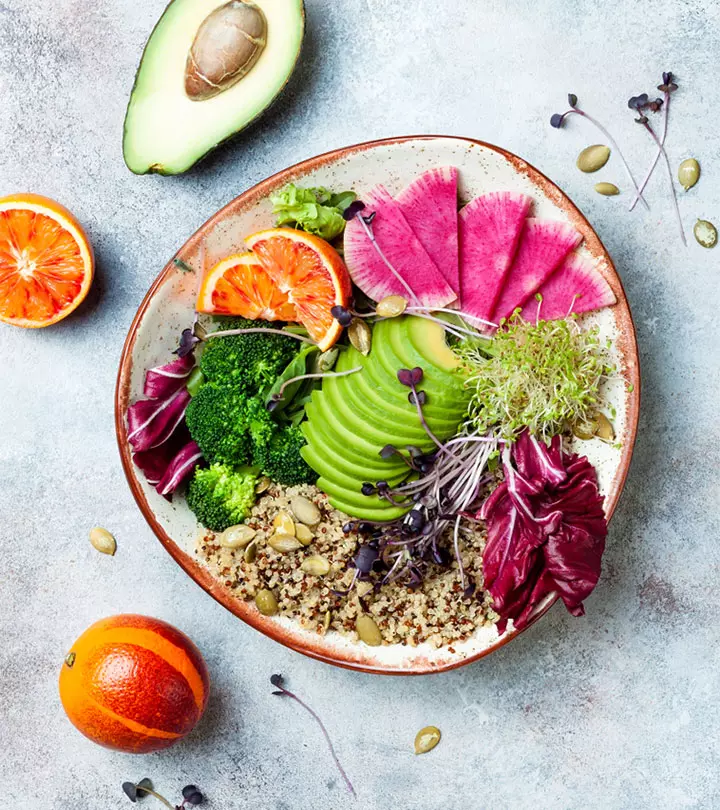
Image: Shutterstock
A plant-based diet centers around foods derived from plants like fruits, vegetables, whole grains, legumes, nuts, and seeds. It minimizes or excludes animal products such as meat, dairy, fish, and eggs. This dietary choice has gained favor due to the many potential health benefits it provides, including weight management and a reduced risk of certain diseases.
Additionally, plant-based diets are considered more environmentally sustainable as they require fewer resources and produce fewer greenhouse gasses while cultivating these foods. Ethical concerns about animal welfare have also driven many people to adopt this eating pattern.
 At A Glance: Plant-Based Diet
At A Glance: Plant-Based Diet- Principle: Focuses on the intake of plant-derived foods while limiting or excluding animal products.
- Purpose: To promote overall health, reduce disease risk, support environmental sustainability, and align with ethical concerns.
- Who It Is For: People who want to improve their health.
- Duration: Long-term
- Who Should Avoid: Individuals with nutrient deficiencies.
- Cons: Restrictive and may cause nutritional deficiencies
In This Article
What Is A Plant-Based Diet?

A plant-based diet emphasizes eating foods that come from plants, like fruits, vegetables, grains, pulses, nuts, and seeds. It is a healthy way of eating because it focuses on natural, unprocessed foods and avoids sugary, fatty, and highly processed foods.
A plant-based diet encourages you to eat a wide variety of colorful plant foods that are like nature’s multivitamins. They are packed with vitamins, minerals, fiber, and antioxidants that keep you healthy.
This way of eating can also help you maintain a healthy weight and support good digestion. In addition, this diet is heart-friendly as it is low in saturated fats and cholesterol. Also, the antioxidants in plant foods protect you from various diseases.
 Did You Know?
Did You Know?There is an array of benefits that can be reaped from a plant-based diet. Learn about these in detail in the section below.
Health Benefits Of A Whole-Food Plant-Based Diet
1. May Help Promote Cardiovascular Health
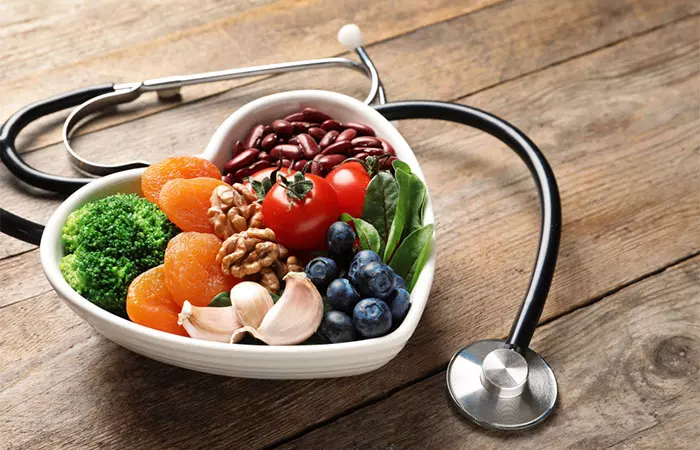
A whole-food plant-based diet is renowned for its heart-healthy benefits. Research indicates that this dietary approach may lead to significant reductions in risk factors for heart disease, such as high LDL (bad) cholesterol levels and elevated blood pressure (1) . A study published in the Journal of the American Heart Association demonstrated that individuals adhering to a plant-based diet experienced a reduced risk of developing heart disease. This is attributed to the absence of saturated fats found in animal products and the abundance of heart-protective nutrients like fiber, antioxidants, and unsaturated fats in plant-based foods (2).
2. May Help Promote Brain Health
Plant-based diets are good for your brain. A study in the Frontiers in Aging Neuroscience in 2014 found that people who eat lots of plant-based foods perform better on cognitive tests and are less likely to experience memory decline with age (4).
3. Helps In Managing Type 2 Diabetes
Whole-food plant-based diets have shown promise in preventing and managing type 2 diabetes (5). The high fiber content in plant-based foods also helps improve insulin sensitivity and blood sugar control (6). Moreover, a study published in the Journal Of Geriatric Cardiology stated that people following plant-based diets had a lower risk of type 2 diabetes (7). The diet requires people to reduce the intake of processed foods, which are high in refined sugars and unhealthy fats, which contributes to better blood sugar regulation and management.
4. May Reduce The Risk Of Cancer
A study showed that a diverse plant-based diet is associated with a reduced risk of certain cancers (8). Plant-based diets, rich in antioxidants and fiber, have demonstrated a protective effect against breast, prostate, and colon cancers (9). This is because plant foods contain compounds that may counteract the cancer-promoting processes in the body. Additionally, exclusion of processed meats and high-fat animal products contributes to a lower cancer risk.
5. May Improve Longevity
Adherence to a whole-food plant-based diet is linked to a longer life. Research shows a reduced risk of overall mortality among individuals following these dietary patterns.The diet’s favorable impact on heart health, weight management, and chronic disease prevention collectively contribute to an extended lifespan. In addition, the nutrient-rich and anti-inflammatory properties of plant-based foods play a crucial role in supporting overall well-being and longevity, making them an optimal choice for those aspiring to live a longer, healthier life (10).
6. May Improve Immune System Function
A plant-based diet provides essential nutrients, such as vitamins, minerals, and phytonutrients, that enhance the immune system. These components fortify the body’s defenses against infections and diseases. Research supports the immune-enhancing attributes of plant-based diets, making them a popular choice to improve overall health (11).
7. Helps Reduce Inflammation
Chronic inflammation is a common factor in various health conditions. Plant-based foods contain anti-inflammatory compounds, such as polyphenols and omega-3 fatty acids, that mitigate inflammatory responses. These compounds contribute to a decrease in inflammation markers, reducing the risk of conditions like heart disease and diabetes (12).
8. Helps Improve Cholesterol Profile
Plant-based diets can have a positive impact on your cholesterol levels. Unlike animal-based foods, plant-based foods are lower in dietary cholesterol and may help reduce LDL (bad) cholesterol levels in the body. This contributes to an improved cholesterol profile (13).
9. Boost Gut Health
Plant-based diets are rich in essential components like fiber, prebiotics, and polyphenols (14). These elements play a crucial role in supporting beneficial gut bacteria that help improve digestion. Additionally, nutrient absorption is enhanced and the risk of digestive discomfort is reduced. Thus, emphasizing plant-based foods in your diet actively contributes to the well-being of your digestive system and overall health.
To reap all these benefits and to adhere to a plant-based diet, you need to know a few things before starting the diet. Check out the next section to know more.
How To Start A Plant-Based Diet
- Educate Yourself: Begin by learning about plant-based nutrition. Understand the key principles and the benefits of this diet to stay motivated.
- Fix Your Process: Decide how you want to approach the transition. Some start by gradually reducing meat and dairy, while others make an abrupt shift. Choose what suits you best, but remember to set realistic and achievable goals.
- Plan Your Meals: Create a meal plan with a variety of plant-based foods. Include fruits, vegetables, whole grains, legumes, nuts, and seeds. Experiment with different recipes to keep meals exciting.
- Stock Your Kitchen: Fill your pantry and fridge with plant-based staples like beans, lentils, quinoa, tofu, and plenty of fresh produce.
- Read Labels: Be mindful of hidden animal products in processed foods. Check labels for ingredients like gelatin, rennet, and whey.
- Find Plant-Based Substitutes: Explore plant-based alternatives for meat, dairy, and eggs, such as tofu, tempehi Fermented soybean product that serves as a protein-rich staple in plant-based diets. , almond milk, and veggie burgers.
- Eat Out Wisely: When dining out, look for restaurants with plant-based options. Many establishments now offer vegan and vegetarian choices.
- Stay Hydrated: Water is essential. Drink plenty of it throughout the day. You can also add fruits to your water to get some extra nutrients.
- Supplement Thoughtfully: Consider a vitamin B12 supplement, as it is not naturally found in plant-based foods. Consult a healthcare professional for guidance.
- Seek Support: Connect with a qualified dietitian or the plant-based community for advice, recipes, and encouragement. Online forums and social media can be valuable resources.
In addition to following all these tips, you need to know what foods you can eat on a plant-based diet. Check them out in the section below.
Plant-Based Diet Food List
These are the foods you can have in a day while following a plant-based diet:
Fruits
- Apples (1 medium)
- Bananas (1 medium)
- Berries (e.g., strawberries, blueberries) (1/2 cup)
- Citrus fruits (e.g., oranges, grapefruits) (1 medium fruit)
- Mangoes (1 medium)
- Pineapples (1 cup, diced)
- Papayas (1 cup, diced)
- Cherries (1/2 cup)
- Grapes (1 cup)
Vegetables
- Leafy greens (e.g., spinach, kale, lettuce) (1 cup, raw or cooked)
- Broccoli (1 cup, chopped)
- Cauliflower (1 cup, chopped)
- Carrots (1 medium)
- Bell peppers (1/2 cup, sliced)
- Tomatoes (1 medium)
- Cucumbers (1/2 cup, sliced)
- Zucchini (1/2 cup, sliced)
- Eggplants (1 cup, diced)
- Onions (1 medium)
Whole Grains
- Oats (1/2 cup, dry)
- Brown rice (1/2 cup, cooked)
- Quinoa (1/2 cup, cooked)
- Whole wheat pasta (1/2 cup, cooked)
- Barley (1/2 cup, cooked)
- Farro (1/2 cup, cooked)
- Millet (1/2 cup, cooked)
- Whole grain bread (1 slice)
Legumes
- Chickpeas (1/2 cup, cooked)
- Lentils (1/2 cup, cooked)
- Black beans (1/2 cup, cooked)
- Kidney beans (1/2 cup, cooked)
- Soybeans (1/2 cup, cooked)
- Peas (1/2 cup, cooked)
- Edamame (1/2 cup, cooked)
Nuts and Seeds
- Almonds (1 ounce, about 23 almonds)
- Walnuts (1 ounce, about 14 halves)
- Cashews (1 ounce, about 18 cashews)
- Chia seeds (2 tablespoons)
- Flaxseeds (2 tablespoons)
- Pumpkin seeds (1 ounce, about 85 seeds)
- Sunflower seeds (1 ounce, about 170 seeds)
Plant-Based Protein Sources
- Tofu (3-4 ounces)
- Tempeh (3-4 ounces)
- Seitan (3-4 ounces)
- Plant-based protein powder (as per product instructions)
- Textured vegetable protein (TVP) (as per product instructions)
Plant-Based Dairy Alternatives
- Almond milk (1 cup)
- Soy milk (1 cup)
- Coconut milk (1 cup)
- Oat milk (1 cup)
- Cashew cheese (1 ounce)
- Vegan yogurt (6 ounces)
Healthy Fats
- Avocado (1/4 to 1/2 avocado)
- Olive oil (1-2 tablespoons)
- Coconut oil (1-2 tablespoons)
- Nut butters (e.g., peanut, almond, cashew) (2 tablespoons)
 Did You Know?
Did You Know?A plant-based diet is also popular for shedding some pounds. Learn how it can help you lose weight in the next section.
Plant-Based Diet For Weight Loss

- Promotes Satiety: This diet increases the gastrointestinal hormones that are involved in the regulation of glucose metabolism and satiety (15).
- Reduces Saturated Fat Intake: Plant-based diets have lower amounts of saturated fats, which are known to contribute to weight gain (16).
- Minimizes Processed Food Intake: Processed foods, which are known to cause weight gain, are limited or eliminated on this diet, thus reducing overall calorie intake and promoting weight loss (17).
- Reduce BMI: Studies show that individuals following plant-based diets tend to have a lower body mass index (BMI)i Measure of body fat based on an individual's weight and height. and are at a reduced risk of obesity (18).
- Is Sustainable: Plant-based diets support sustainable weight loss when combined with portion control and regular physical activity.
To reap the benefits of a plant-based diet, you need to follow a diet plan that is curated to provide good nutrients in all the meals of the day. Check out the sample meal plan in the section below.
7-Day Plant-Based Diet Meal Plan
| Day 1 |
| Meal | Food Items | Serving Sizes |
| Breakfast | Oatmeal with berries and almonds | 1/2 cup oats, 1/2 cup berries, 1 tablespoon sliced almonds |
| Lunch | Chickpea and vegetable stir-fry | 1 cup chickpeas, mixed vegetables |
| Snack | Carrot sticks with hummus | 1 cup carrot sticks with 2 tablespoons hummus |
| Dinner | Lentil soup with whole grain bread | 1 cup lentil soup, 1 slice whole grain bread |
| Day 2 |
| Meal | Food Items | Serving Sizes |
| Breakfast | Whole wheat toast with avocado | 2 slices whole wheat toast, 1/2 avocado |
| Lunch | Quinoa salad with vegetables | 1 cup quinoa salad with assorted vegetables |
| Snack | Mixed nuts and dried fruits | A handful of mixed nuts with a small portion of dried fruits |
| Dinner | Roasted vegetable and bean burritos | 1 bean burrito with roasted veggies |
| Day 3 |
| Meal | Food Items | Serving Sizes |
| Breakfast | Smoothie with spinach and banana | 1 banana, 1 cup spinach, 1 cup almond milk |
| Lunch | Brown rice with tofu and vegetables | 1 cup brown rice with tofu and mixed vegetables |
| Snack | Sliced cucumber with hummus | 1 cup sliced cucumber with 2 tablespoons hummus |
| Dinner | Spaghetti with tomato sauce | 2 cups cooked whole wheat spaghetti with tomato sauce |
| Day 4 |
| Meal | Food Items | Serving Sizes |
| Breakfast | Chia Pudding with Fresh Fruit | 1/4 cup chia seeds with almond milk, topped with fresh fruit |
| Lunch | Veggie Wrap with Chickpea Spread | Whole wheat wrap with chickpea spread, lettuce, and veggies |
| Snack | Apple Slices with Peanut Butter | 1 apple sliced with 2 tablespoons peanut butter |
| Dinner | Baked Sweet Potato with Black Beans | 1 baked sweet potato with black beans and salsa |
| Day 5 |
| Meal | Food Items | Serving Sizes |
| Breakfast | Breakfast burrito with tofu scramble | Whole wheat tortilla with tofu scramble and salsa |
| Lunch | Quinoa bowl with roasted vegetables | 1 cup quinoa with roasted veggies and tahini dressing |
| Snack | Greek yogurt with berries | 1/2 cup Greek yogurt with 1/2 cup berries |
| Dinner | Stuffed bell peppers | 2 stuffed bell peppers with rice, beans, and veggies |
| Day 6 |
| Meal | Food Items | Serving Sizes |
| Breakfast | Acai bowl with granola | Acai bowl topped with granola and fresh fruit |
| Lunch | Chickpea salad with lemon-tahini dressing | 1 cup chickpea salad with dressing |
| Snack | Sliced bell peppers with hummus | 1 cup sliced bell peppers with 2 tablespoons hummus |
| Dinner | Vegetable stir-fry with brown rice | 1 cup vegetable stir-fry with brown rice |
| Day 7 |
| Meal | Food Items | Serving Sizes |
| Breakfast | Peanut butter banana toast | 2 slices whole wheat toast with peanut butter and banana |
| Lunch | Spinach and mushroom salad | 2 cups spinach and mushroom salad with balsamic vinaigrette |
| Snack | Mixed berries with almond butter | 1 cup mixed berries with 2 tablespoons almond butter |
| Dinner | Lentil and vegetable curry | 1 cup lentil and vegetable curry with brown rice |
In addition to these meal ideas, there are a few more yummy recipes in the section below. Check it out.
Plant-Based Diet Recipes
Breakfast: Vegan Overnight Oats
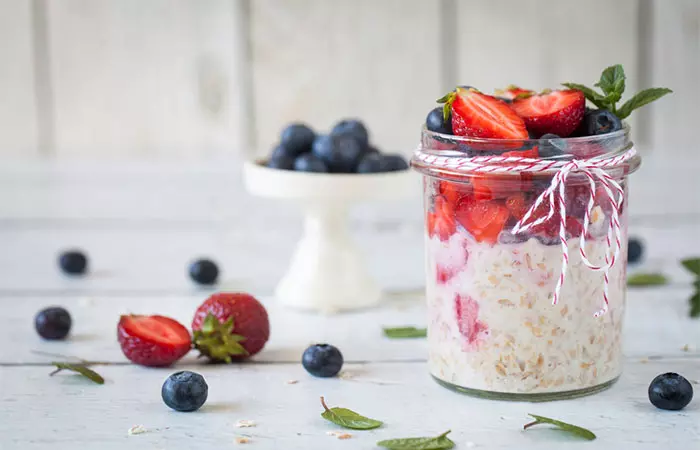
Ingredients
- 1/2 cup rolled oats
- 1 cup almond milk (or any plant-based milk)
- 1 tablespoon chia seeds
- 1/2 teaspoon vanilla extract
- A handful of mixed berries
- 1 tablespoon maple syrup (optional)
- Chopped nuts (e.g., almonds, walnuts) for topping
How To Prepare
- Combine oats, almond milk, chia seeds, and vanilla extract in an airtight container.
- Stir well and cover the jar. Place it in the refrigerator overnight.
- In the morning, give it a good stir. If it’s too thick, you can add more almond milk.
- Top with mixed berries, a drizzle of maple syrup (if desired), and chopped nuts. Enjoy a nutritious and filling breakfast!
Lunch: Chickpea and Quinoa Salad
Ingredients
- 1 cup cooked quinoa
- 1 can (15 oz) chickpeas, drained and rinsed
- 1 cup cherry tomatoes, halved
- 1 cucumber, diced
- 1/2 red onion, finely chopped
- Fresh parsley, chopped
- Juice of 1 lemon
- 2 tablespoons extra virgin olive oil
- Salt and pepper to taste
How To Prepare
- Add the cooked quinoa, chickpeas, cherry tomatoes, cucumber, red onion, and fresh parsley in a large bowl.
- In a small bowl, whisk together the lemon juice and olive oil. Season with salt and pepper.
- Pour the dressing over the salad and toss to combine. Adjust seasoning if needed.
- Chill in the refrigerator for at least 30 minutes before serving.
Snack: Peanut Butter Banana Smoothie
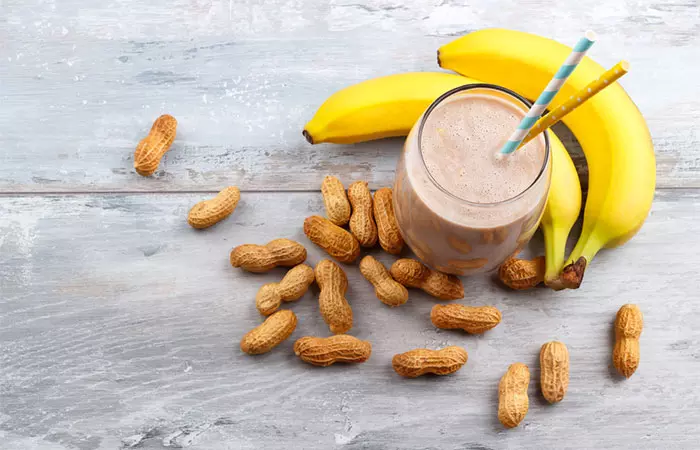
Ingredients
- 2 ripe bananas
- 2 tablespoons peanut butter
- 1 cup almond milk (or any plant-based milk)
- 1 tablespoon chia seeds
- 1 tablespoon honey (or maple syrup for a vegan option)
- Ice cubes (optional)
How To Prepare
- Combine ripe bananas, peanut butter, almond milk, chia seeds, and honey (or maple syrup) in a blender.
- If desired, add ice cubes to make it extra refreshing.
- Blend until smooth and creamy.
- Pour into a glass and enjoy a delicious and energizing snack.
Dinner: Vegan Lentil Curry
Ingredients
- 1 cup dried green or brown lentils
- 1 onion, finely chopped
- 3 cloves garlic, minced
- 1 tablespoon fresh ginger, grated
- 1 can (15 oz) diced tomatoes
- 1 can (15 oz) coconut milk
- 2 tablespoons curry powder
- 1 teaspoon ground turmeric
- Salt and pepper to taste
- Fresh cilantro leaves for garnish
- Cooked brown rice or quinoa for serving
How To Prepare
- Rinse and drain the lentils.
- Sauté the chopped onion, garlic, and ginger in a large pot until fragrant and softened.
- Add the diced tomatoes (with juice), coconut milk, lentils, curry powder, turmeric, salt, and pepper. Stir to combine.
- Cover and simmer for about 20-25 minutes, or until the lentils are tender and the sauce has thickened.
- Serve the lentil curry over cooked brown rice or quinoa. Garnish with fresh cilantro leaves.
In addition to following a meal plan and exploring various food recipes, there are a few tips that can help beginners with a plant based diet. Check them out in the next section.
Tips For A Plant-Based Diet For Beginners
- Diversify Protein Sources: Ensure you eat an array of plant proteins like beans, lentils, tofu, and quinoa to obtain a broad spectrum of amino acids essential for bodily functions.
- Prioritize Whole Grains: Opt for whole grains such as brown rice, oats, and whole wheat pasta to provide complex carbohydrates, fiber, vitamins, and minerals for sustained energy.
- Include Legumes: Embrace legumes like chickpeas, black beans, and lentils for their protein content, fiber richness, and versatility in creating satisfying meals.
- Include Nutrient-Packed Nuts and Seeds: Incorporate nuts (walnuts, almonds) and seeds (flaxseeds, chia seeds) into your daily diet for their healthy fats, plant-based protein, and micronutrientsi Essential vitamins and minerals required by the body in small quantities for proper functioning .
- Select Fortified Plant-Based Dairy: Choose fortified dairy alternatives made from almonds, soy, or oats to ensure adequate calcium (120 mg/100 ml) and vitamin D intake.
- Include Smoothies: Create nutrient-packed smoothies with leafy greens, antioxidant-rich berries, plant-based protein powder, and healthy fats like avocado to kickstart your day.
- Strategically Plan Meals: Craft well-balanced meals consisting of a protein source (tempeh, edamame), complex carbs (quinoa, whole grain bread), and a rainbow of vegetables for optimal nutrition.
- Home Cooking Skills: Invest time in mastering plant-based cooking techniques to control ingredients, minimize additives, and explore creative, homemade recipes.
- Check The Labels: Scrutinize food labels for hidden animal-derived ingredients in processed items like sauces, soups, and snacks to maintain a truly plant-based diet.
- Consult A Registered Dietitian: Seek guidance from a registered dietitian experienced in plant-based nutrition to ensure you’re meeting all your nutrient requirements through your dietary choices.
Like any other diet, this diet also comes with its own pros and cons. To know them in detail, check out the section below.
Pros And Cons Of A Plant-Based Diet
Pros:
- Opting for a plant-based diet can be a boon for your heart. It cuts down artery-clogging saturated fats and cholesterol, thereby reducing the risk of heart diseases.
- If you are looking to shed some pounds or maintain a healthy weight, plant-based diets can be your ally. They are often rich in fiber and light in calories, helping you feel full while managing your calorie intake.
- These diets come with a built-in shield against chronic diseases like type 2 diabetes, certain cancers, and high blood pressure. It’s like a long-term insurance policy for your health.
- Going plant-based is also a planet-friendly choice. It requires fewer resources and generates fewer greenhouse gas emissions, making it an environmentally responsible choice.
- For many, choosing a plant-based diet is about aligning their dietary choices with ethical concerns about animal welfare. It’s a way of living that feels right on a personal level.
Cons:
- While plant-based diets offer numerous benefits, they require careful nutritional planning to ensure you get vital nutrients like vitamin B12, iron, iodine, omega 3, zinc, choline, and calcium. An improperly followed diet may lead to nutrient deficiencies.
- Eating out or navigating social gatherings might need a bit more effort, as plant-based options can be limited. But with some savvy planning, you can still enjoy social dining.
- As you embrace more plant-based foods, your digestive system may need a little time to adapt to higher fiber intake. It’s like a gentle nudge for your gut and may affect your bowel movements due to an increase in fiber content.
- Plant-based diets can include processed foods, which might be high in sugars, unhealthy fats, or additives. It’s essential to choose wisely and favor whole, natural foods.
- If your cultural or family traditions center around meat-based meals, transitioning to plant-based eating might raise some eyebrows. Be prepared for a few family discussions.
The plant-based diet is gaining popularity for its flexibility and array of benefits. It encourages you to eat a variety of fruits, vegetables, and various plant based products that are low in calories and are loaded with nutrients like vitamins. There are a wide variety of foods to choose from in this diet and you can also curate a number of yummy recipes without compromising on taste. In addition, there is also a flexibility of consuming animal products unlike a vegan diet which makes it favorable for many. However, there are a few cons for this diet like nutrient deficiencies that need to be taken care of. To minimize this, it is advised to consult your healthcare professional for proper guidance.
Frequently Asked Questions
Can you still eat meat on a plant-based diet?
In general, plant-based diets minimize meat and prioritize plant foods for their nutrition. This dietary approach is centered around vegetables, fruits, grains, legumes, nuts, and seeds while avoiding or significantly reducing animal products like meat, poultry, and seafood. However, a few follow a flexitarian approach while following this diet.
Is peanut butter on a plant-based diet?
Yes, natural peanut butter without additives is plant-based and a good protein source. Plant-based diets typically include peanut butter made from pure, ground peanuts without added oils or sugars. It’s a valuable source of plant-based protein and healthy fats.
What kind of bread do you eat in a plant-based diet?
Choose whole-grain or whole-wheat bread for a plant-based diet for added nutrients. These breads offer more fiber, vitamins, minerals, and nutrients compared to refined white bread.
Can you eat bananas on a plant-based diet?
Yes, bananas are a staple in plant-based diets due to their natural sweetness, fiber, vitamins, and minerals, making them a healthy and satisfying choice.
Is oatmeal a plant-based diet?
Yes, oatmeal is a wholesome choice in plant-based diets, rich in fiber and nutrients. Oatmeal, made from rolled or steel-cut oats, is an excellent plant-based breakfast option due to its high fiber content, vitamins, minerals, and versatility in recipes.
Can you eat cream cheese on a plant-based diet?
Look for vegan cream cheese alternatives, as traditional cream cheese is not plant-based. Traditional cream cheese is made from dairy and not considered plant-based. However, there are plant-based cream cheese alternatives available, often made from nuts or soy.
Is salmon OK on a plant-based diet?
No, salmon and other animal products are not part of a plant-based diet focused on plants. Plant-based diets exclude animal products like salmon, aiming to emphasize plant foods for their health, environmental, and ethical benefits. However, a few individuals follow a flexitarian approach which occasionally allows salmon consumption.
Key Takeaways
- The potato diet is a short-term, low-calorie diet that claims to offer rapid weight loss.
- This highly restrictive diet focuses only on eating potatoes for three to five days without using any seasonings, oils, or toppings.
- The lack of some essential nutrients may cause deficiencies, and this dietary approach may also lead to disordered eating.
Illustration: What Is A Plant-Based Diet?: A Quick Guide To Follow
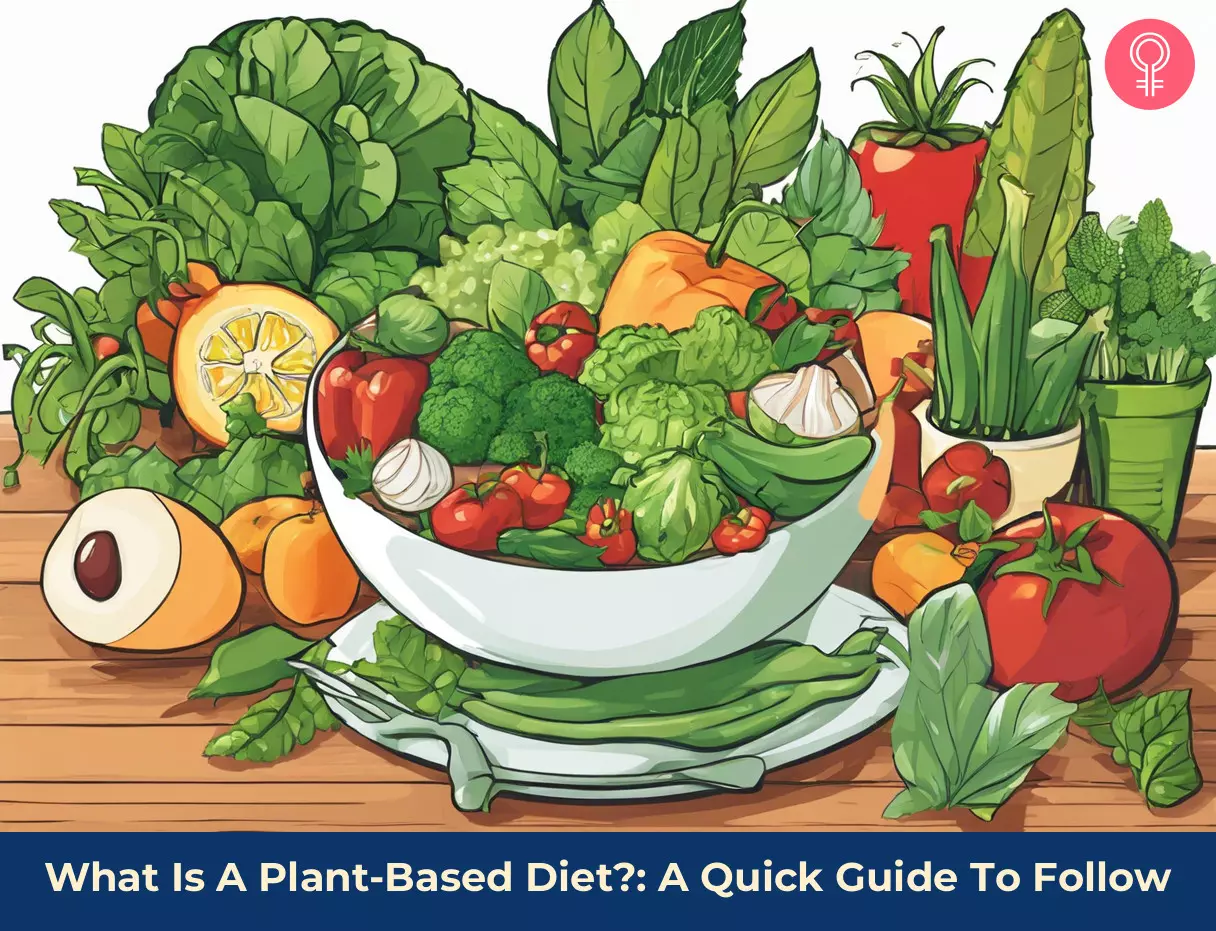
Image: Stable Diffusion/StyleCraze Design Team
There are an array of benefits offered by a plant- based diet and research is revealing many new aspects. Check out the video below from an expert to know about one of the major benefits offered by this diet.
References
Articles on StyleCraze are backed by verified information from peer-reviewed and academic research papers, reputed organizations, research institutions, and medical associations to ensure accuracy and relevance. Read our editorial policy to learn more.
- Plant-based diets and cardiovascular health
https://www.ncbi.nlm.nih.gov/pmc/articles/PMC6089671/# - Plant‐Based Diets Are Associated With a Lower Risk of Incident Cardiovascular Disease, Cardiovascular Disease Mortality, and All‐Cause Mortality in a General Population of Middle‐Aged Adults
https://www.ahajournals.org/doi/10.1161/JAHA.119.012865#d1e937 - Increased Consumption of Fruit and Vegetables Is Related to a Reduced Risk of Cognitive Impairment and Dementia: Meta-Analysis
https://www.frontiersin.org/articles/10.3389/fnagi.2017.00018/full - Plant Foods Rich in Antioxidants and Human Cognition: A Systematic Review
https://www.ncbi.nlm.nih.gov/pmc/articles/PMC8147117/# - Perspective: Plant-Based Eating Pattern for Type 2 Diabetes Prevention and Treatment: Efficacy, Mechanisms, and Practical Considerations
https://www.ncbi.nlm.nih.gov/pmc/articles/PMC8634508/ - Vegetarian Diets and the Risk of Diabetes
https://www.ncbi.nlm.nih.gov/pmc/articles/PMC6153574/ - A plant-based diet for the prevention and treatment of type 2 diabetes
https://www.ncbi.nlm.nih.gov/pmc/articles/PMC5466941/# - Vegetarian diets and the incidence of cancer in a low-risk population
https://pubmed.ncbi.nlm.nih.gov/23169929/ - Nutrition and cancer: A review of the evidence for an anti-cancer diet
https://www.ncbi.nlm.nih.gov/pmc/articles/PMC526387/ - Healthy Aging and Dietary Patterns
https://www.ncbi.nlm.nih.gov/pmc/articles/PMC8879056/ - Functional constituents of plant-based foods boost immunity against acute and chronic disorders
https://www.ncbi.nlm.nih.gov/pmc/articles/PMC9462539/# - The Role of Diet as a Modulator of the Inflammatory Process in the Neurological Diseases
https://www.ncbi.nlm.nih.gov/pmc/articles/PMC10057655/# - Plant-Based Diets and Lipid, Lipoprotein, and Inflammatory Biomarkers of Cardiovascular Disease: A Review of Observational and Interventional Studies
https://www.ncbi.nlm.nih.gov/pmc/articles/PMC9787709/# - Nutritional Status and the Influence of the Vegan Diet on the Gut Microbiota and Human Health
https://www.ncbi.nlm.nih.gov/pmc/articles/PMC7073751/# - A Plant-Based Meal Increases Gastrointestinal Hormones and Satiety More Than an Energy- and Macronutrient-Matched Processed-Meat Meal in T2D, Obese, and Healthy Men: A Three-Group Randomized Crossover Study
https://pubmed.ncbi.nlm.nih.gov/30642053/ - Changes in Types of Dietary Fats Influence Long-term Weight Change in US Women and Men
https://www.ncbi.nlm.nih.gov/pmc/articles/PMC6209808/#: - Ultra-processed diets cause excess calorie intake and weight gain: An inpatient randomized controlled trial of ad libitum food intake
https://www.ncbi.nlm.nih.gov/pmc/articles/PMC7946062/ - Nutritional Update for Physicians: Plant-Based Diets
https://www.ncbi.nlm.nih.gov/pmc/articles/PMC3662288/#
Read full bio of Hannah Whittaker
Read full bio of Arshiya Syeda
Read full bio of Sindhu Koganti






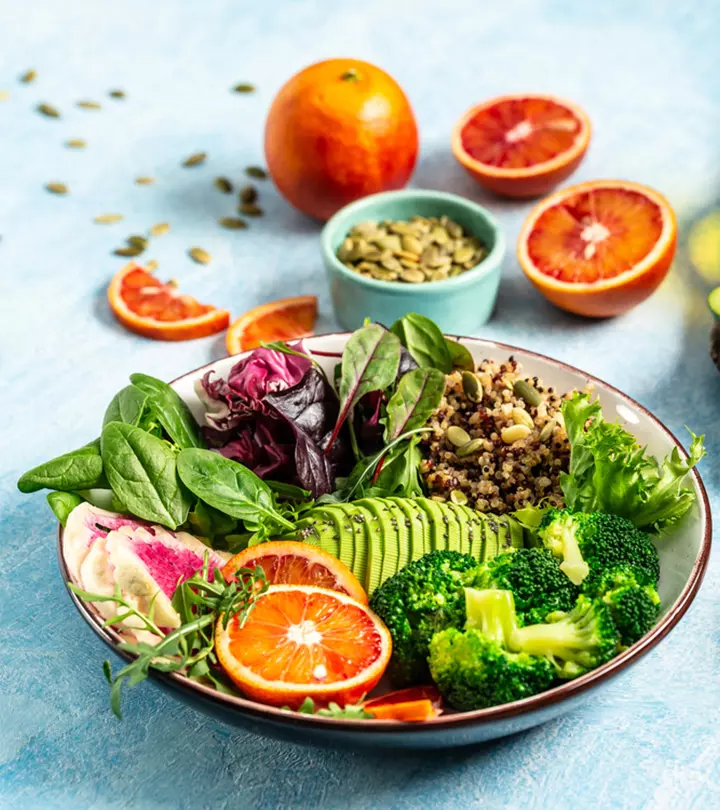
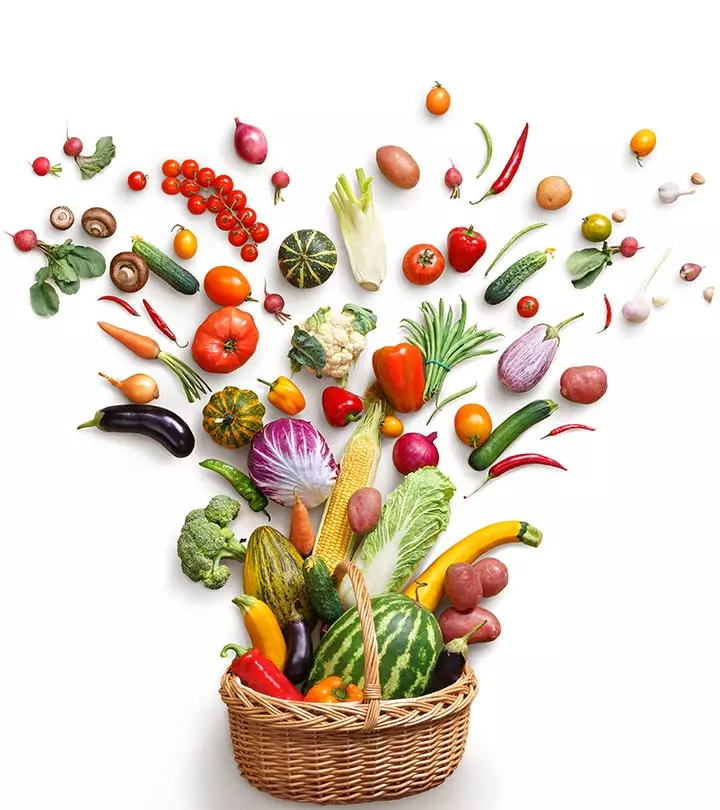
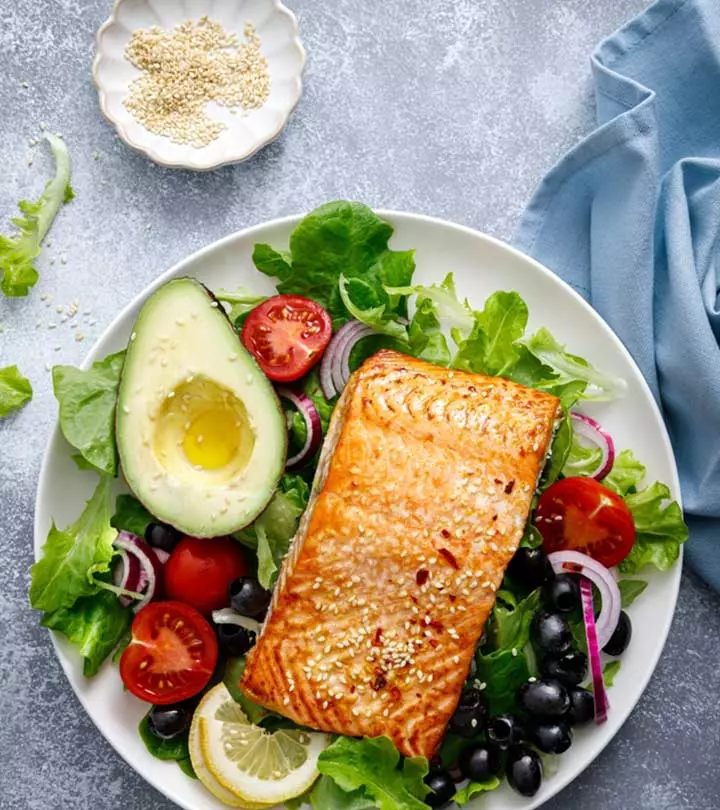




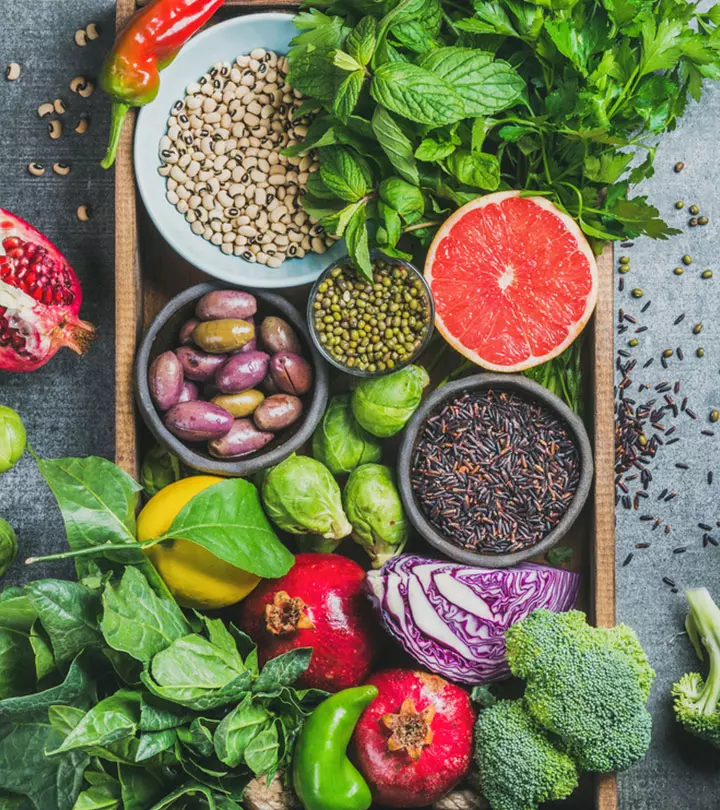
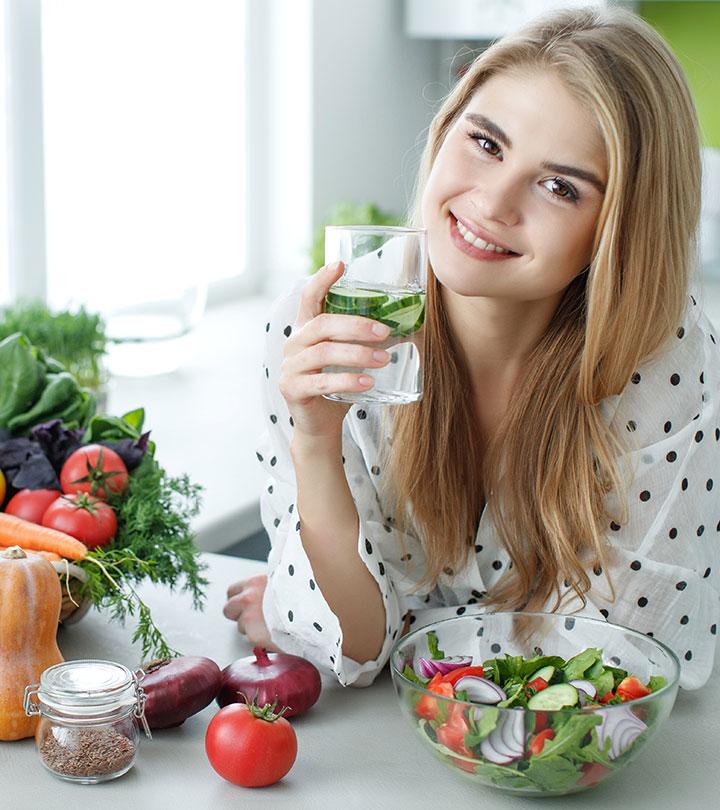
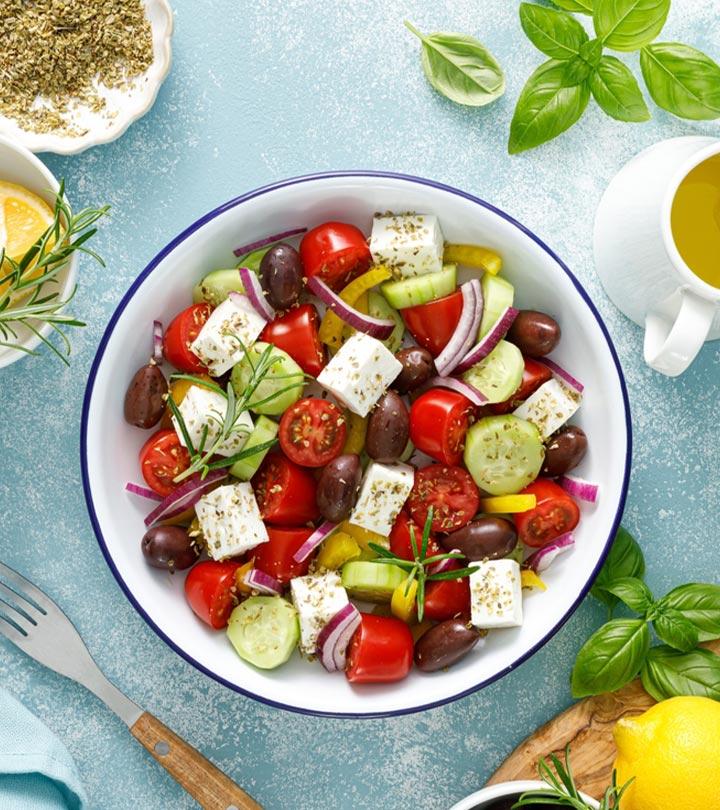
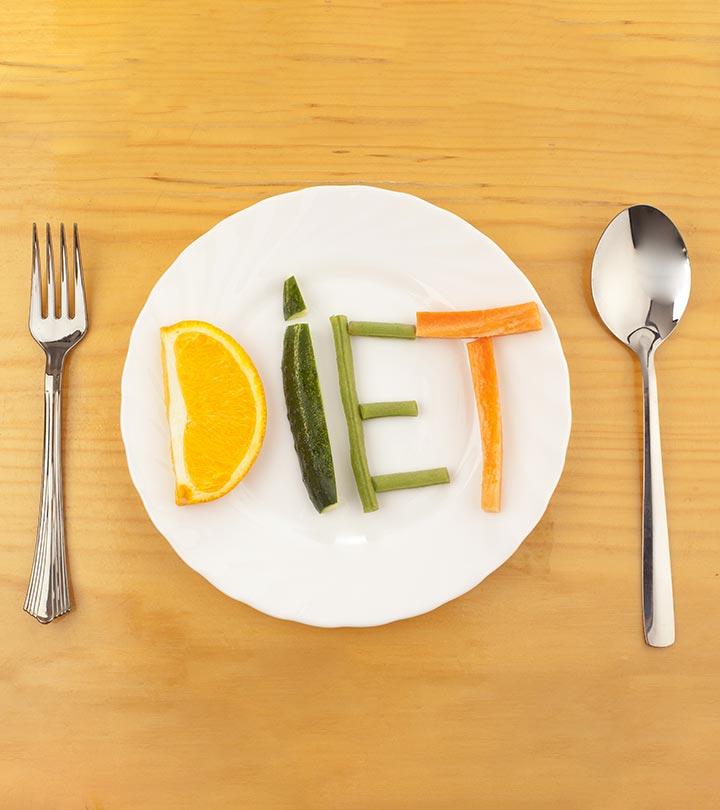
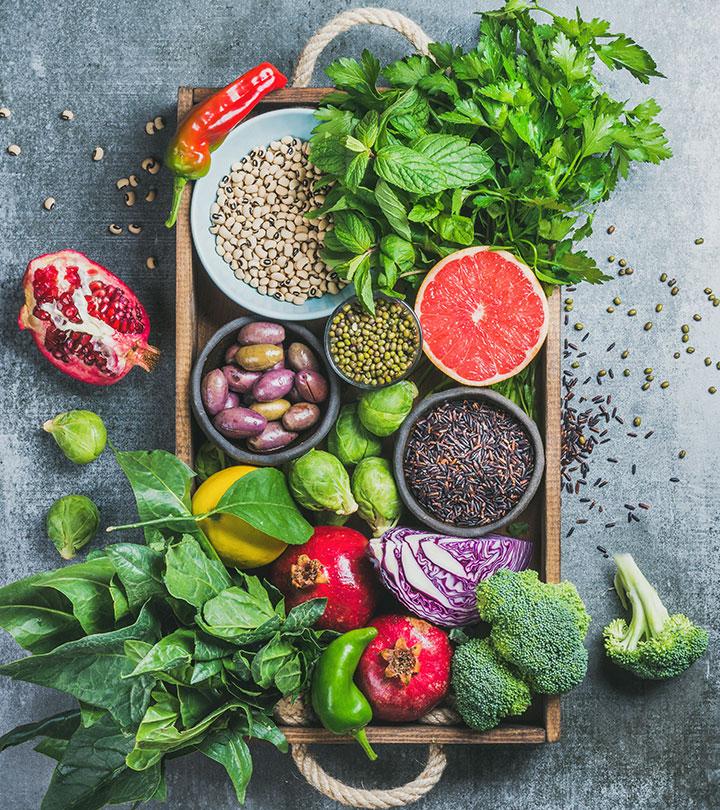
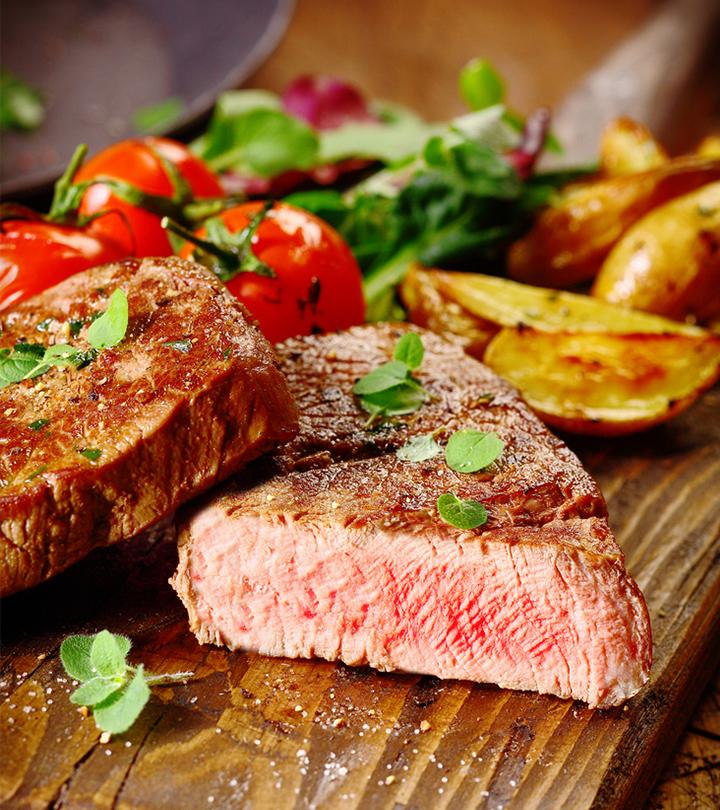

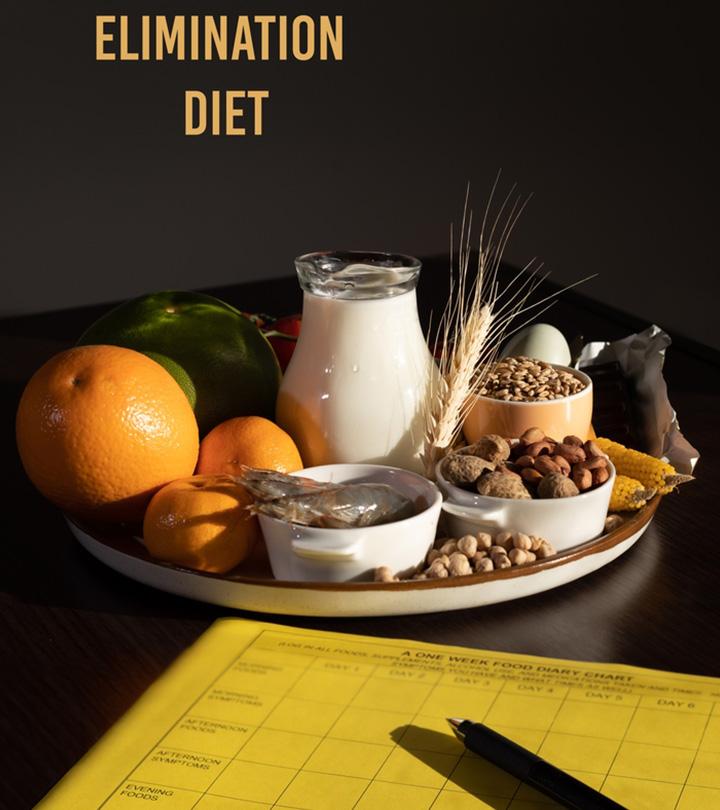
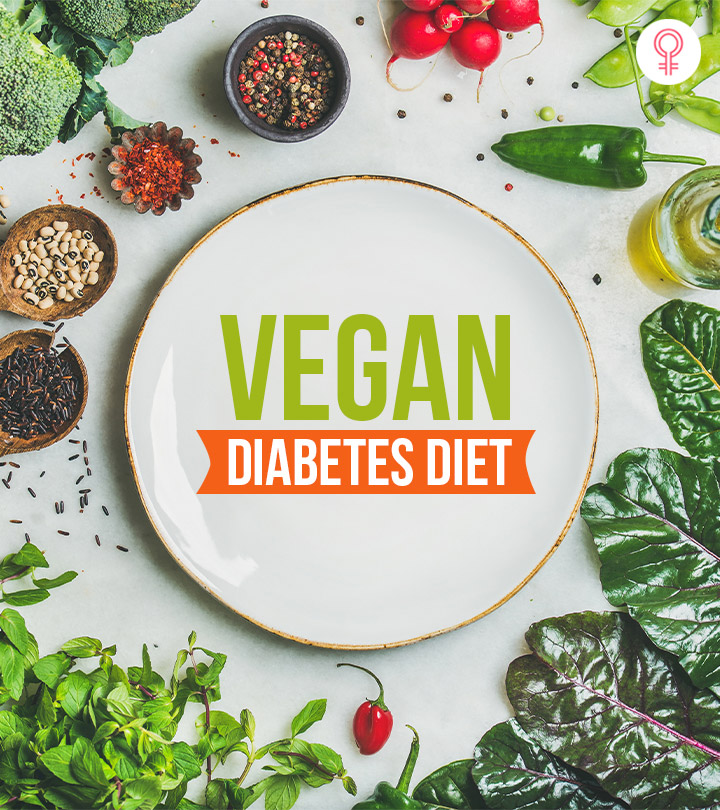
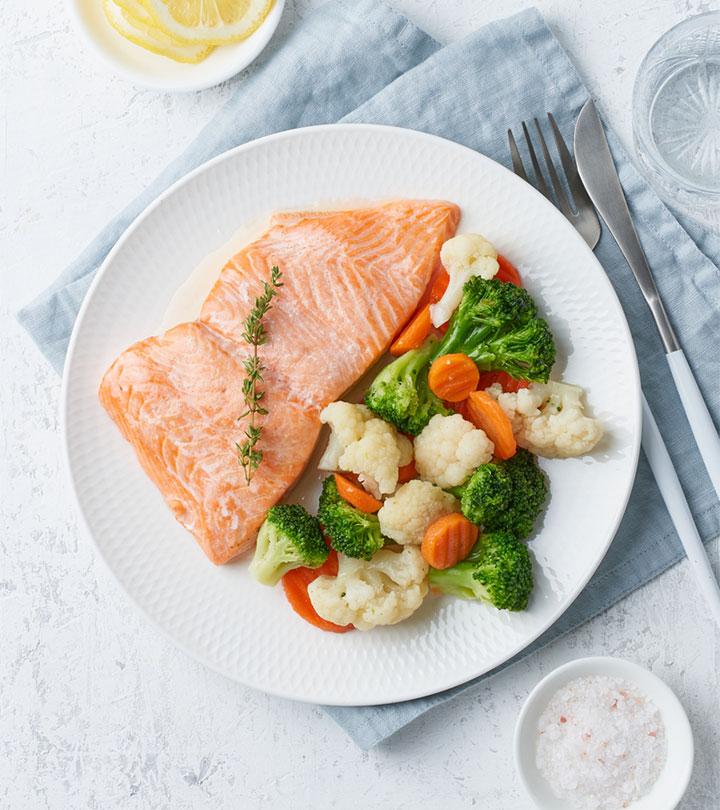


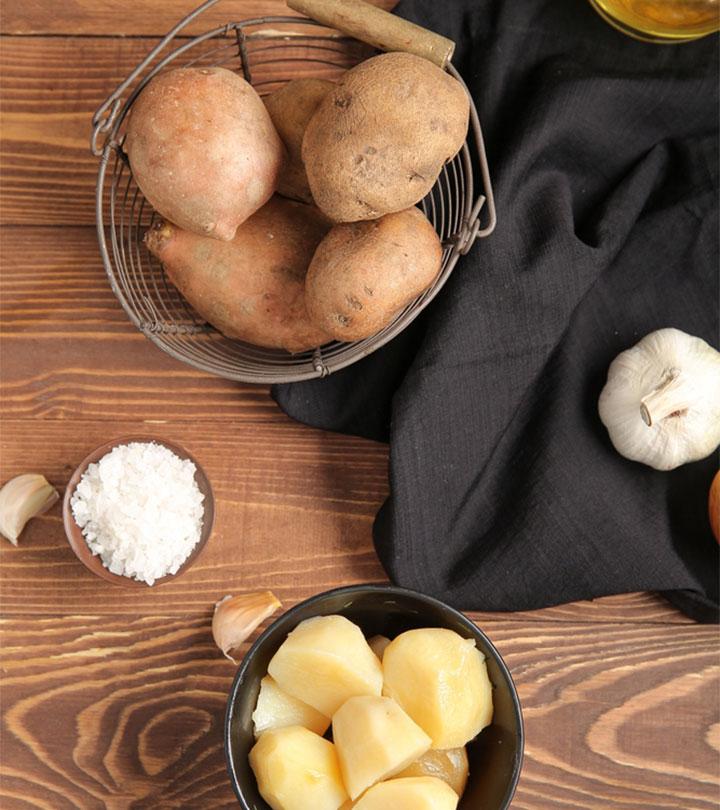
Community Experiences
Join the conversation and become a part of our empowering community! Share your stories, experiences, and insights to connect with other beauty, lifestyle, and health enthusiasts.